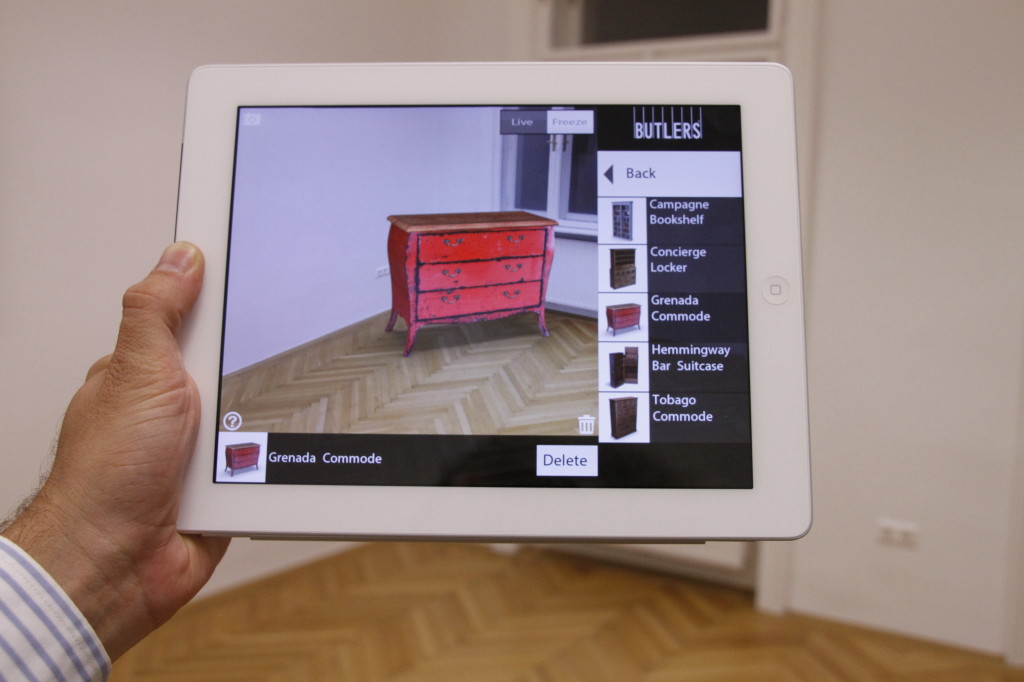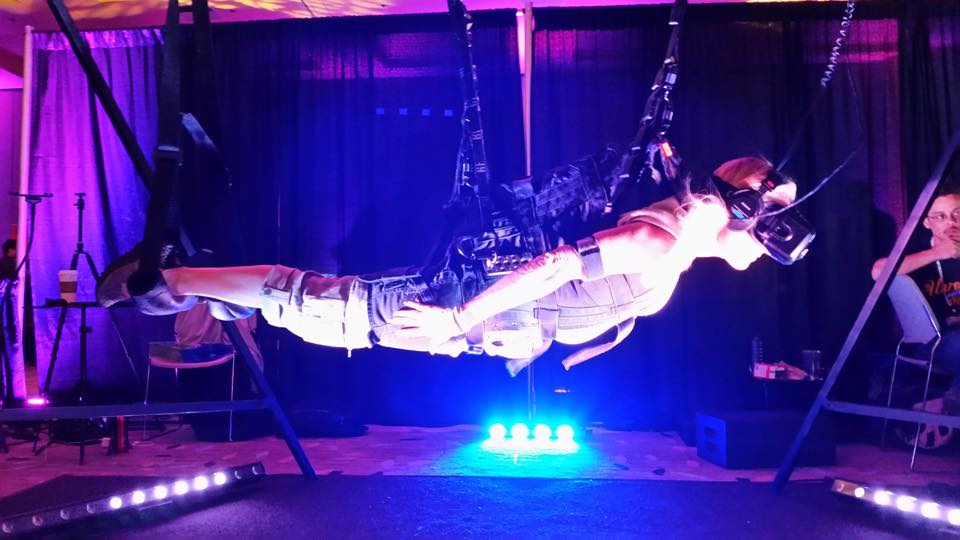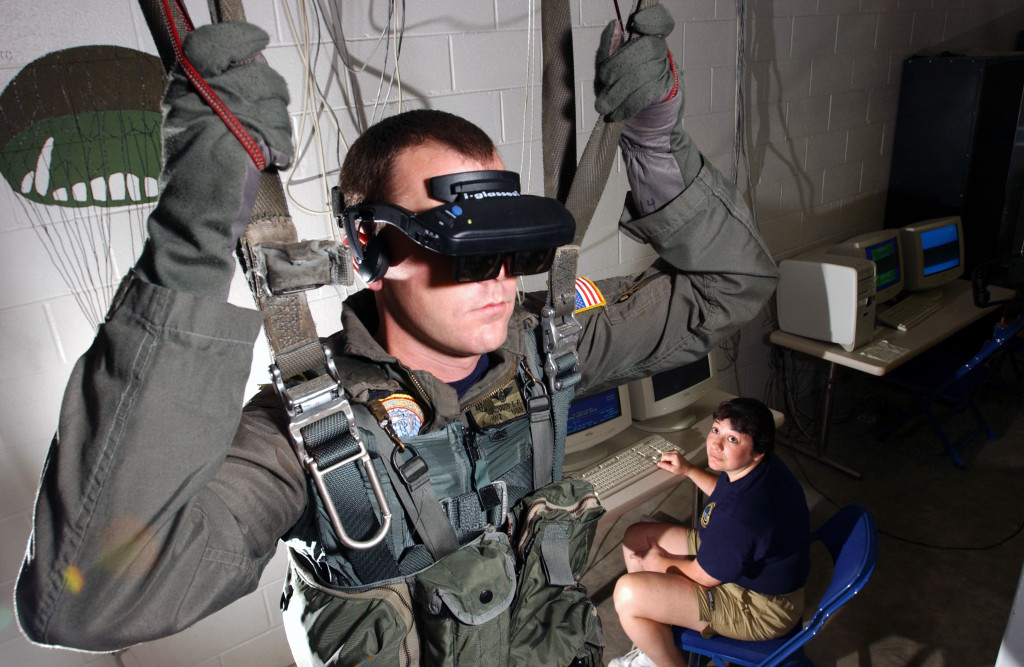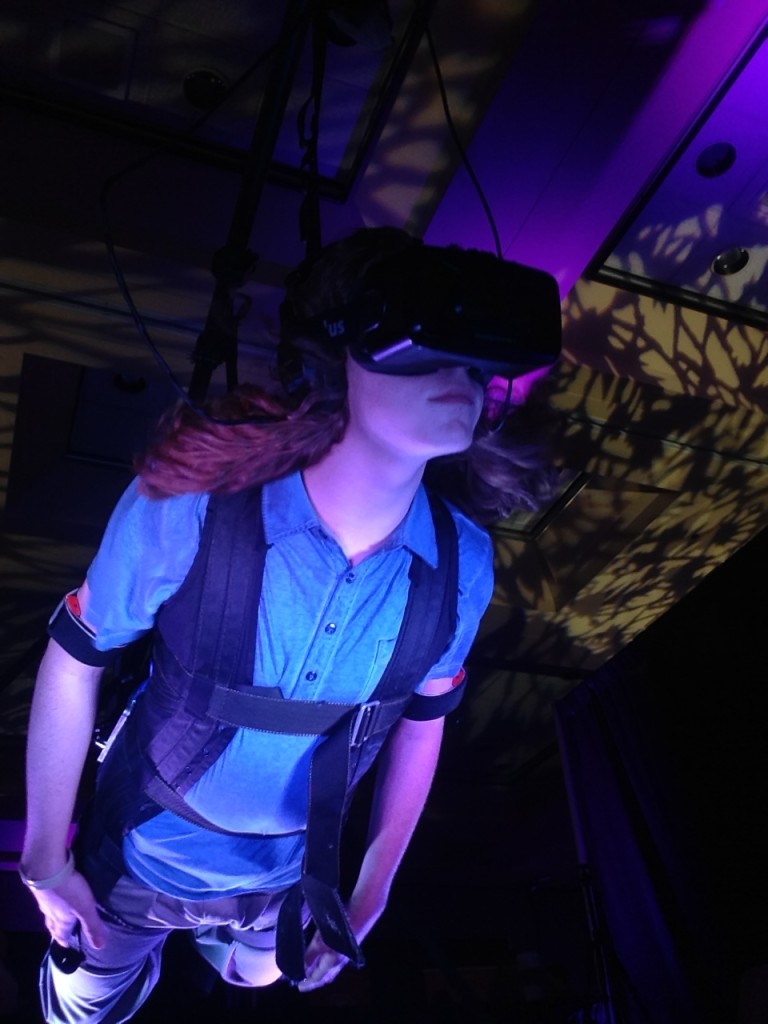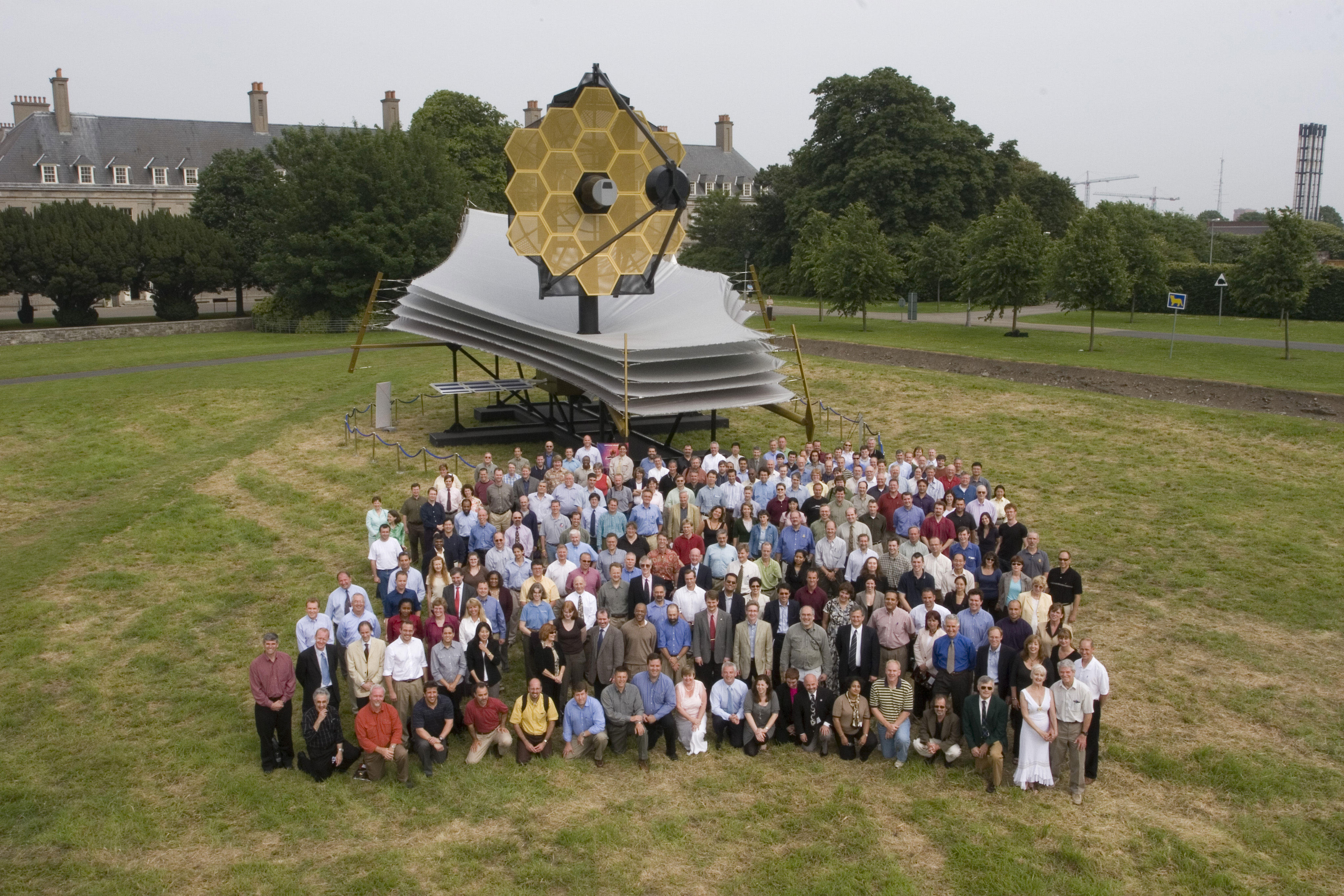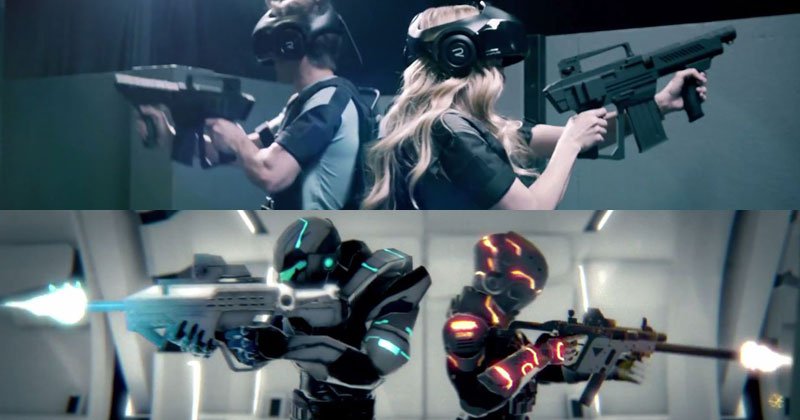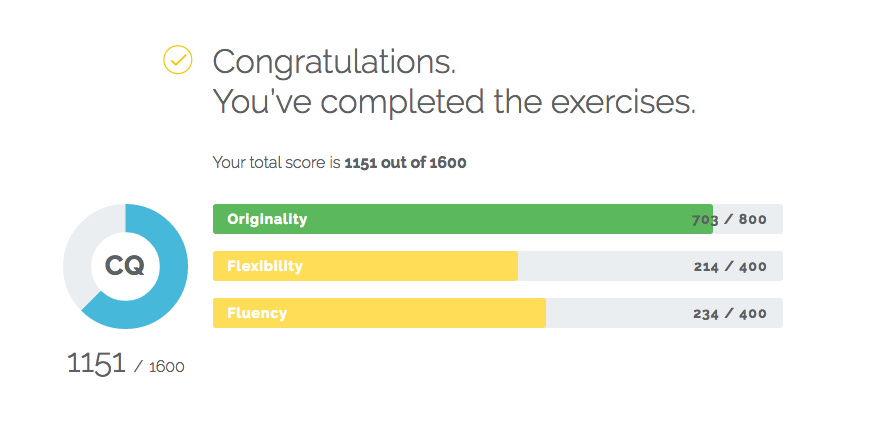-

-
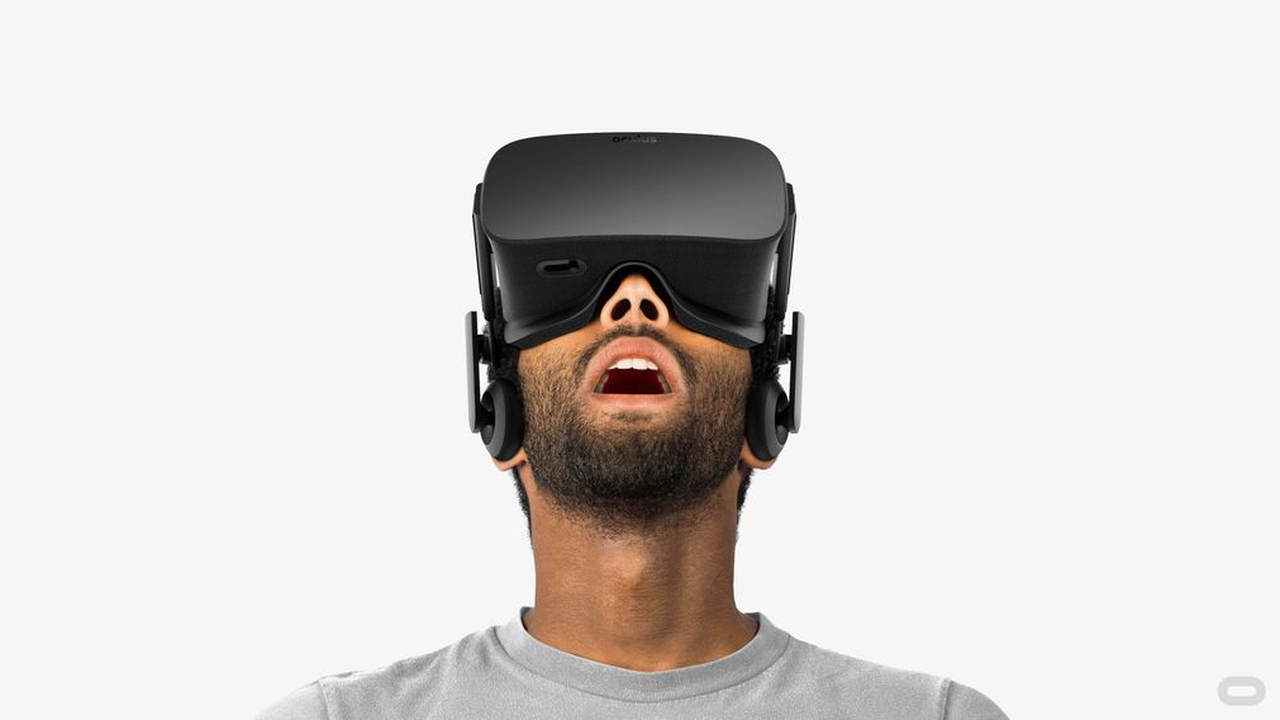
-

-

-

-

-

-
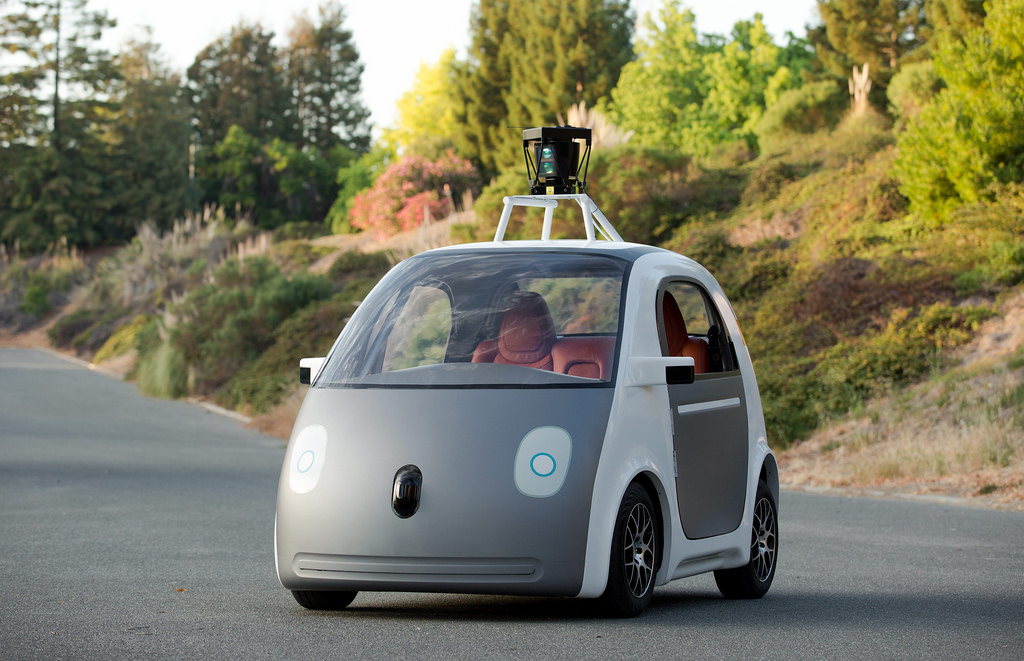
-

-

-
-
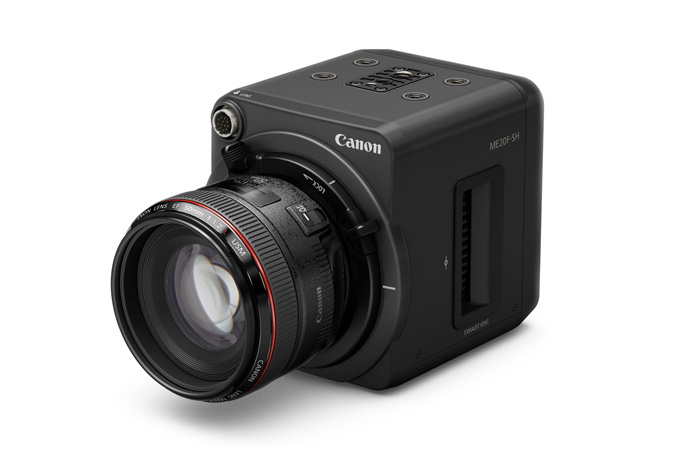
-
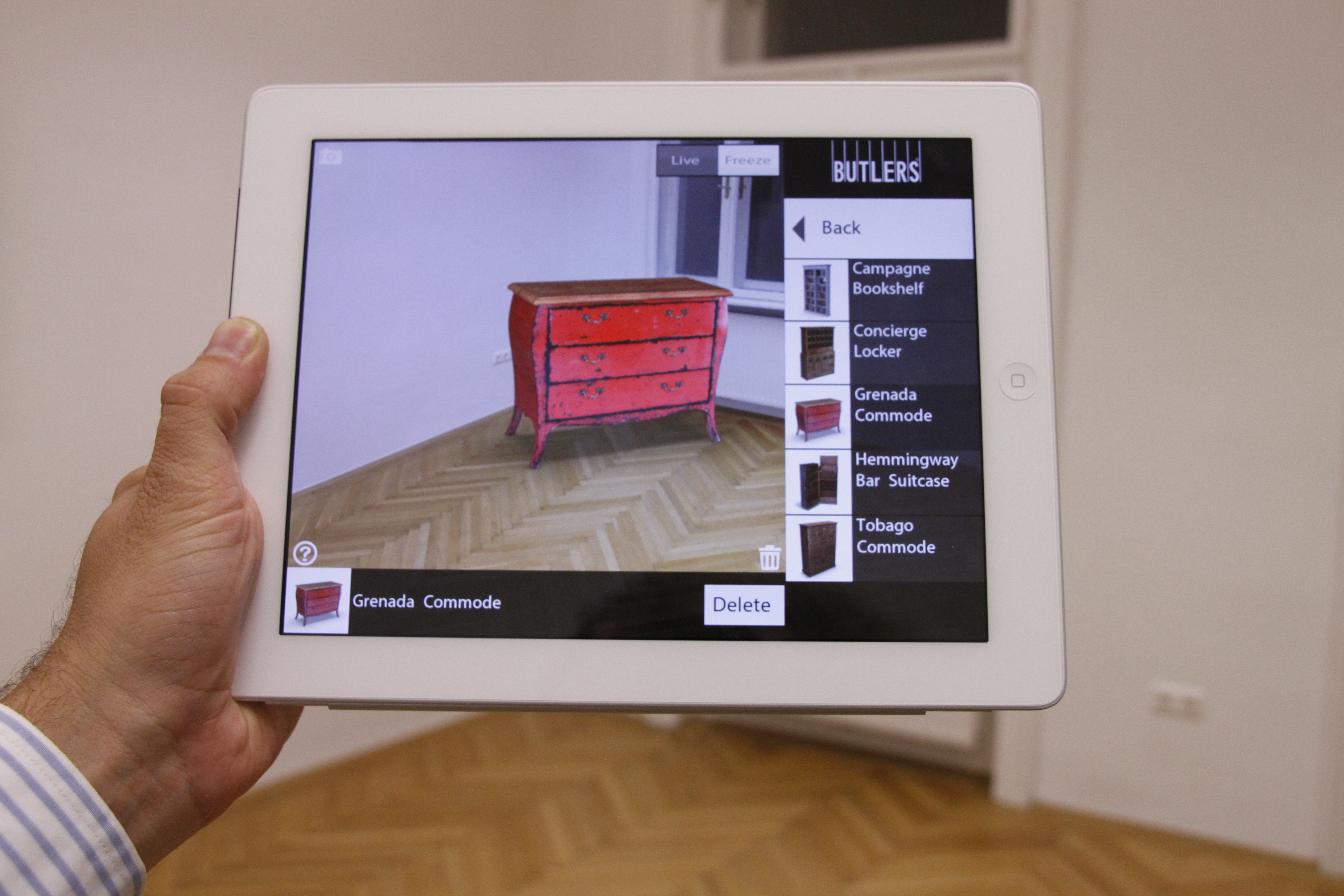
-

-
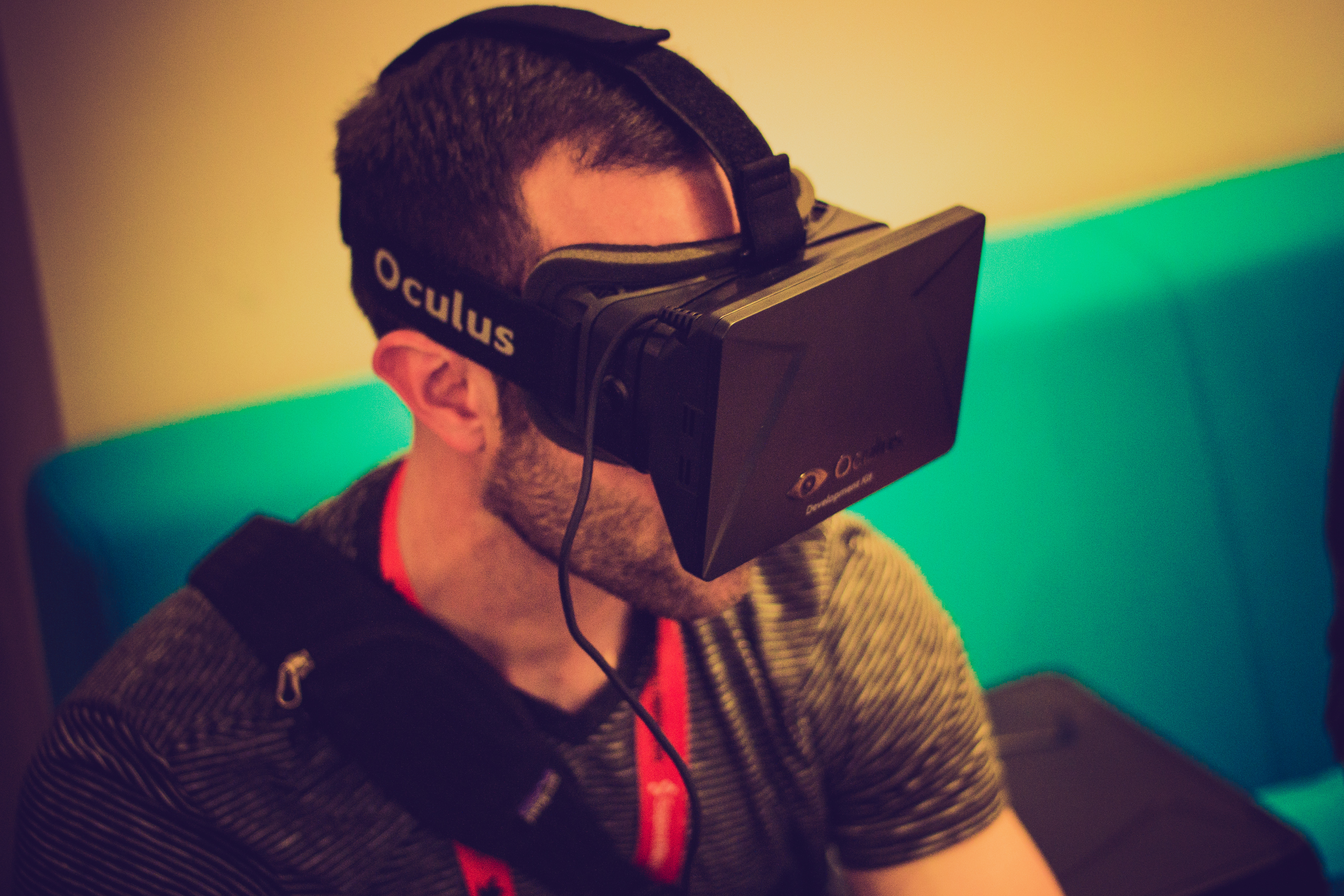
-
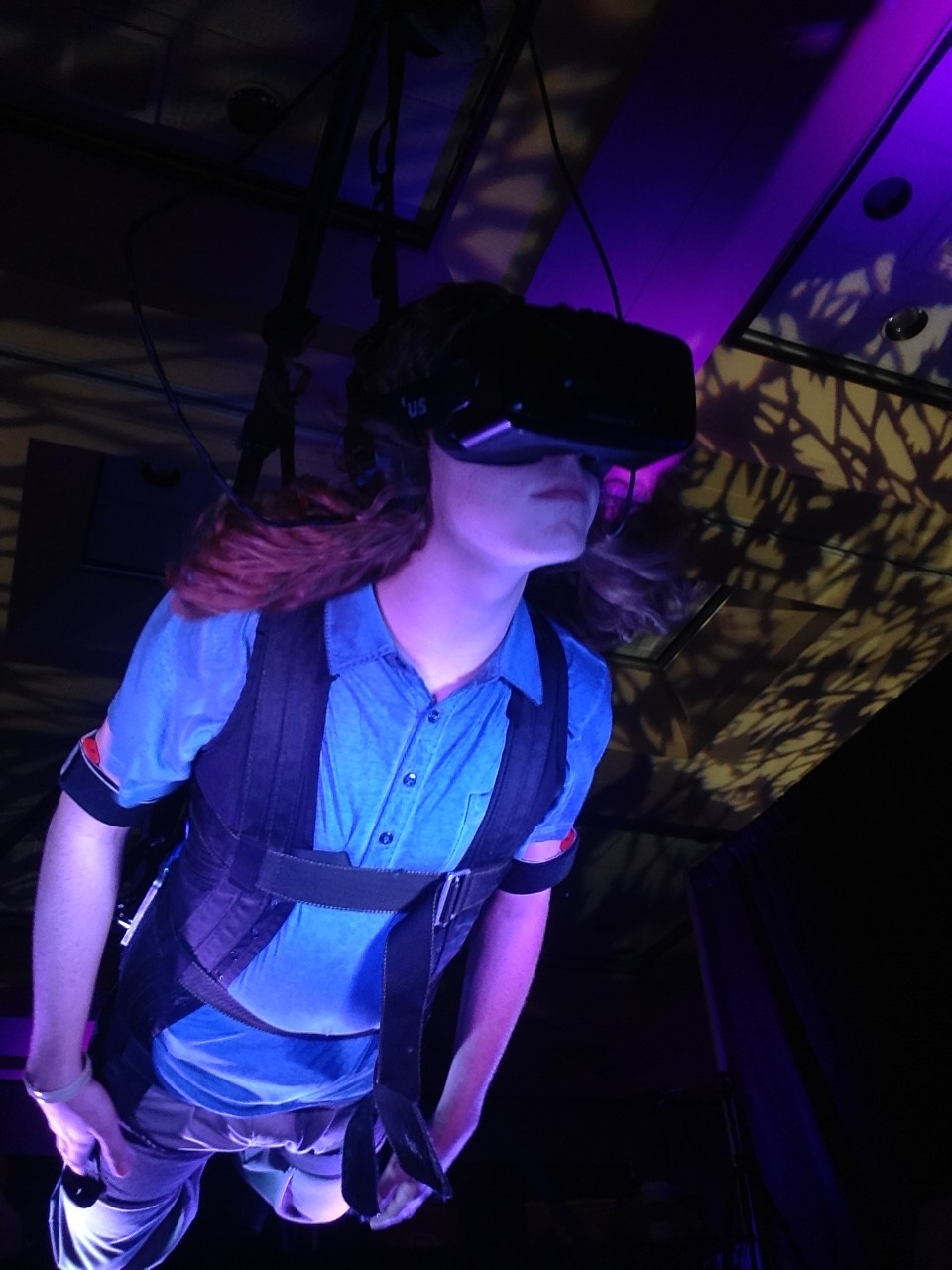
-

-

-
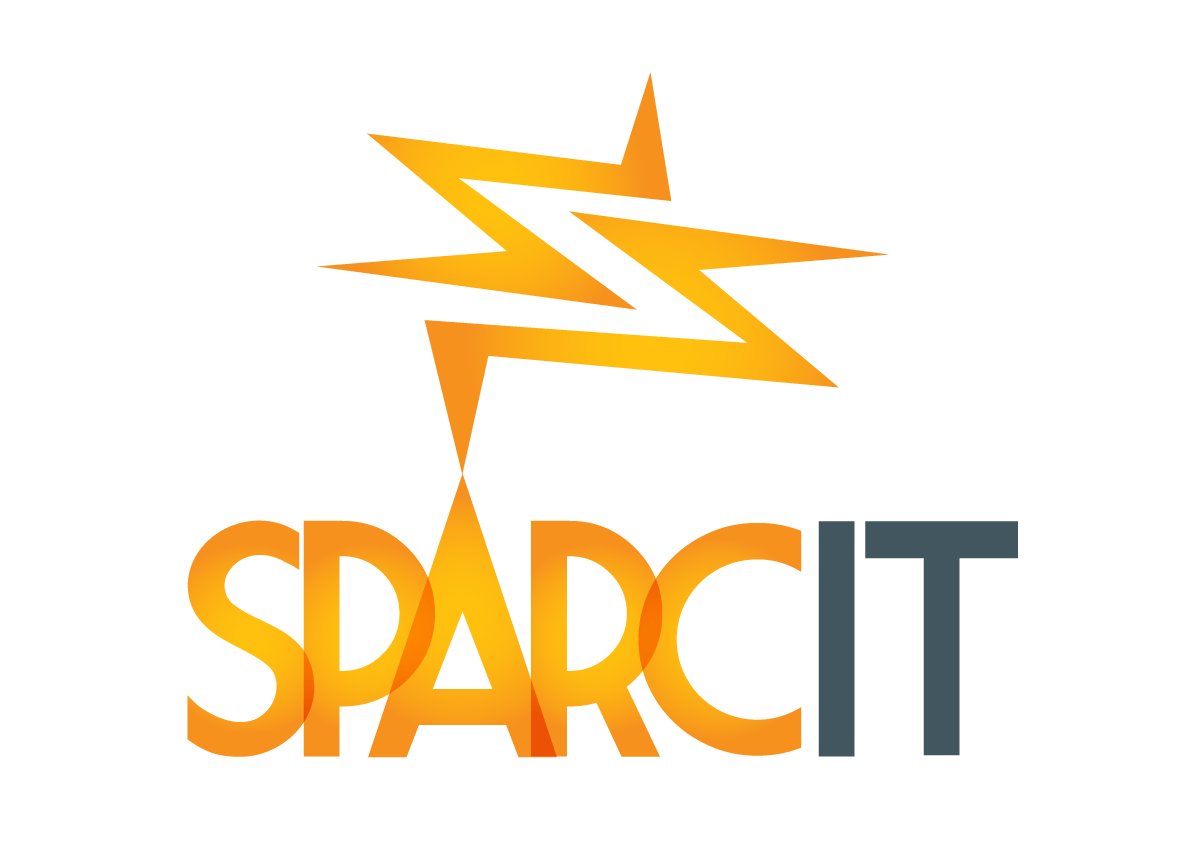
-
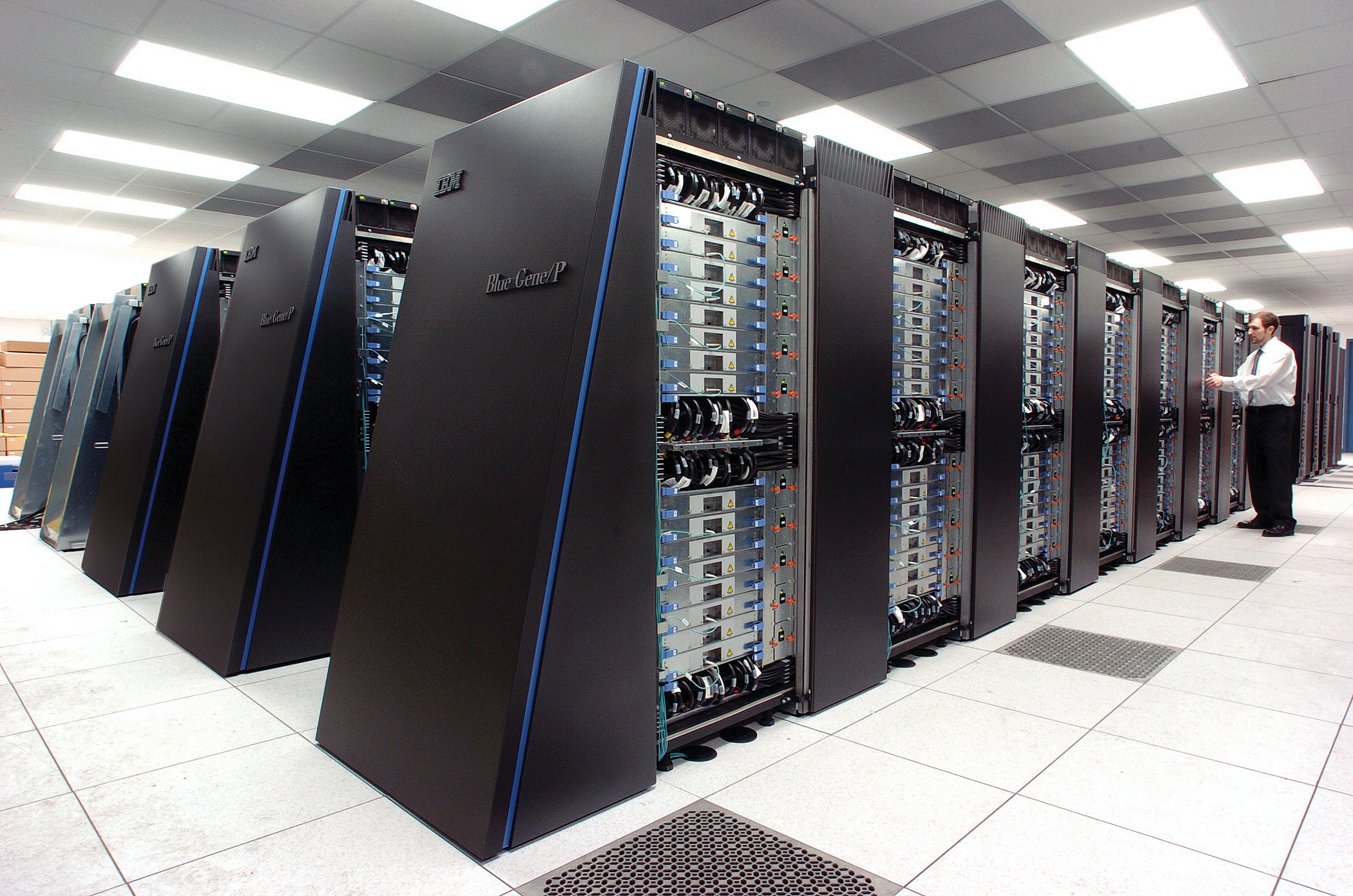
-

-

-

-

-

-

-

-

-

-

-

-

-

-

-

-

-

-

-

-

-

-
-

-
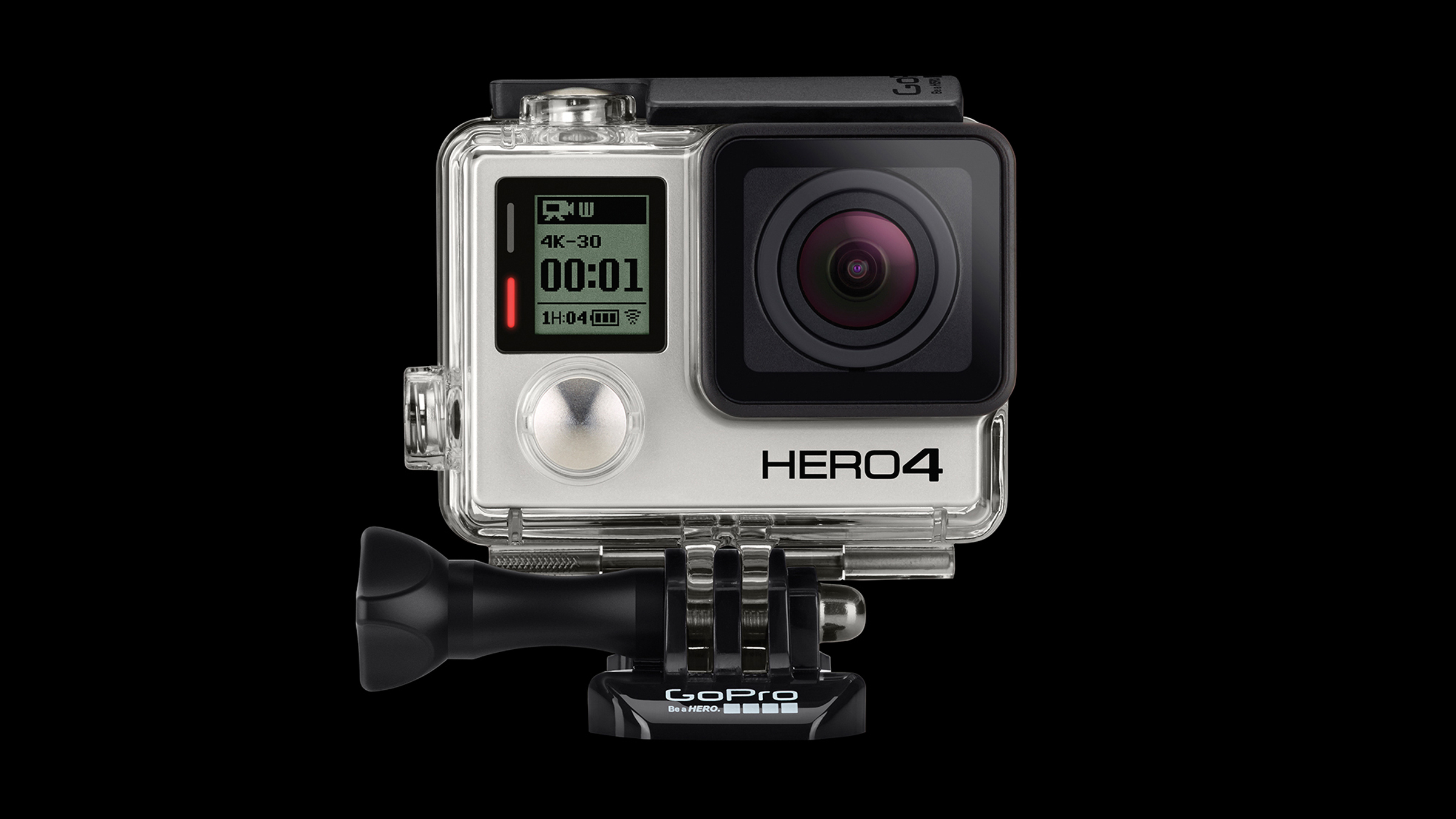
-
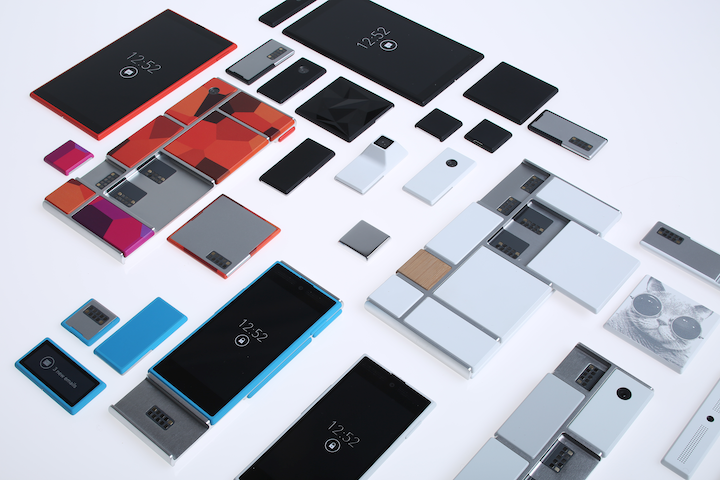 TOTW: Google's Project Ara Modular Phone May Be The Future Of SmartphonesOctober 30, 2014
TOTW: Google's Project Ara Modular Phone May Be The Future Of SmartphonesOctober 30, 2014 -

-

-

-
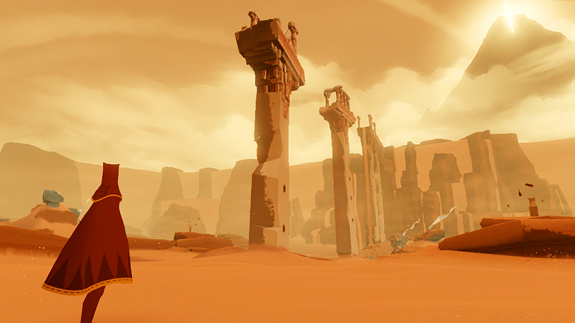
-

-

-

-
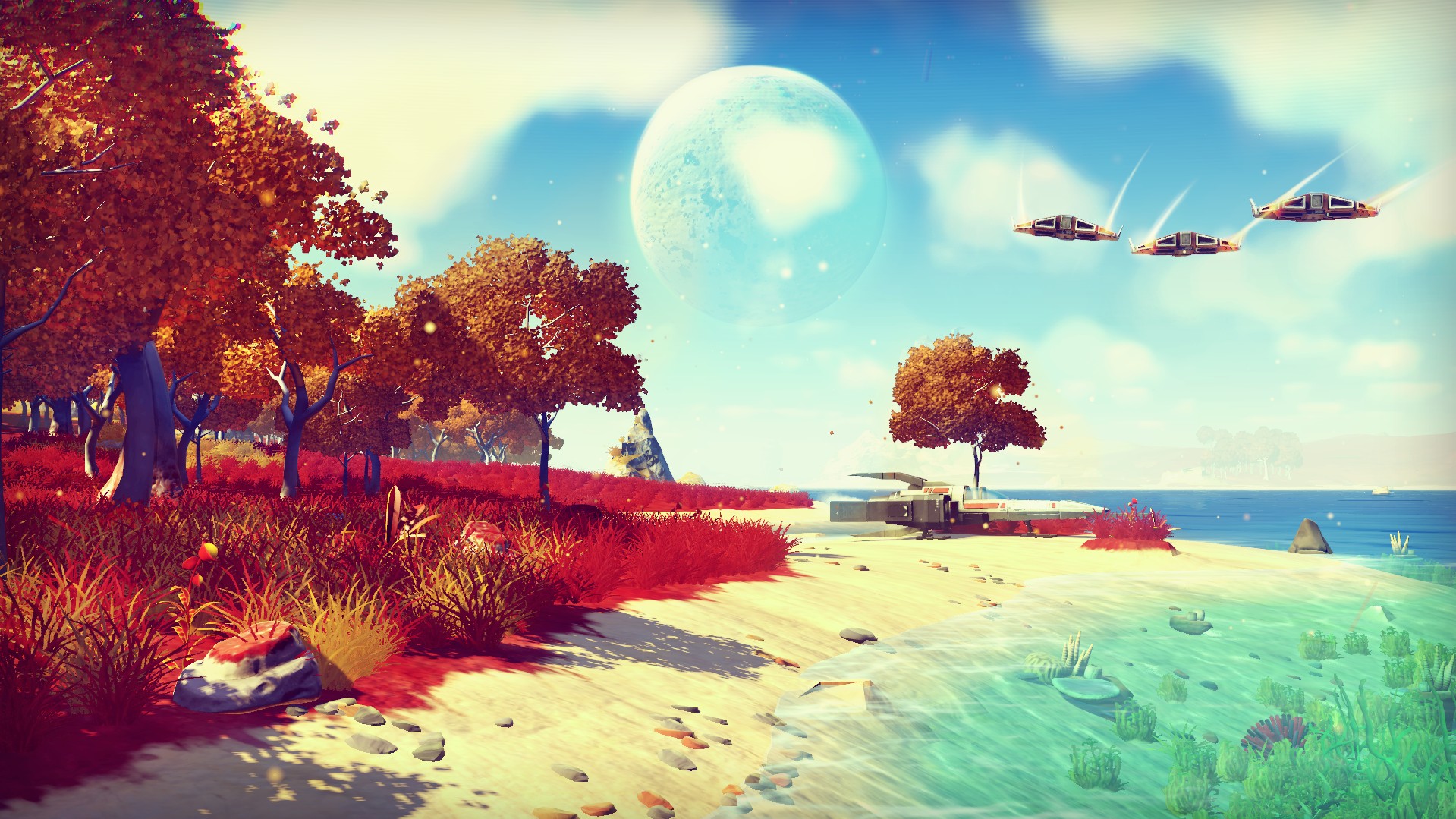
-

-

-

-

-

-
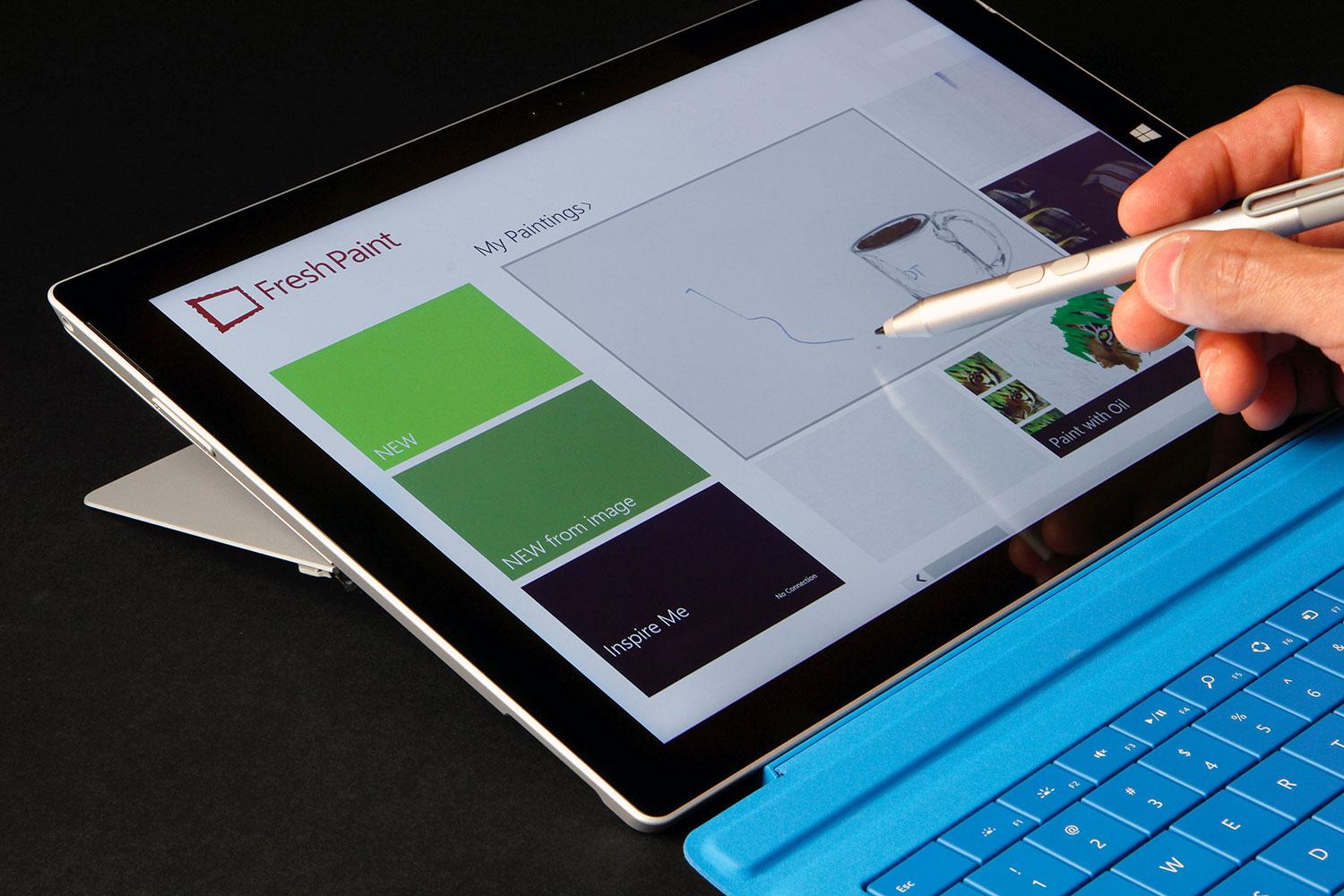
-
-
-

-

-

-

-

-

-

-
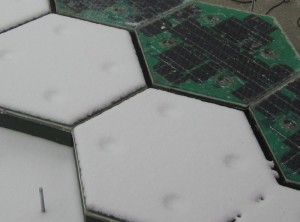
-

Science Journals May Not Be As Reliable As We Thought
09 years
Science journals are a great way to learn about discoveries in a wide variety of fields, and reading them keeps you scientifically literate and up-to-date on new advances. Journals such as Nature and Science have become increasingly popular outside their core “hard science” constituencies, partly due to successful outreach efforts including new podcasts, videos, and free web content. These growth initiatives have not diluted the top-tier scientific stature of the publications –they remain at the pinnacle of the scientific community. Because of the journals’ exclusivity and reputation, most readers naturally assume the findings featured in their articles are true. But the reliability of published scientific research has come under scrutiny recently, ironically in a paper published in Science itself that called into question papers published in leading psychology journals.
The study was simple. They would take 100 papers published in top psychology journals and try to replicate their results. Replication is a keystone of science: if I get one result and you get another doing the same study or experiment, then we can’t say for sure that either my or your result is true. The scientific method has included replication for 500+ years, all the way back to the Muslim scientists of Baghdad. So, when modern scientists replicate old psychology studies, you can expect them to get the same result, right?
Well, that’s the problem. Many of these studies are so hard to replicate that the effort is never even attempted. Part of the problem is that scientists won’t get a headline study published with a title like “Blah Blah Study From A Year Ago Done Again And The Same Thing Happened!” New, exciting studies are what get published, and that’s what a scientist wants: to get published. But let’s assume that not all researchers are like this, and some do science purely with a goal of advancing and confirming science. It’s really hard to be this person, mainly because replicating science is just not easy. It’s easier to just do your own studies and get your own results.

Ibn al-Haytham, the Muslim scientist who helped other scientists reproduce his work better than modern scientists do today.
So when this study was completed, replicating 100 psychology studies, their results were disappointing. By one of the replication success indicators from the publication, only 36% of the studies returned the same results as they did the first time. What that means is that more than half of the studies replicated after they were published in a top psychology journal failed a large part of the scientific method. This puts the whole psychology field into question. Should more researchers be replicating past studies? Certainly, as Brian Nosek, a psychologist working on the Science study said,
“It would be great to have stronger norms about being more detailed with the methods… If I can rapidly get up to speed, I have a much better chance of approximating the results.”
Basically, scientists and researchers should include a detailed description of how they did the study, so any other scientist could easily repeat and prove or disprove your results. Even Ibn al-Haytham, a Muslim scientist born in 956, did this by including incredibly detailed instructions on how to carry out his experiments in his book Book Of Optics, and scientists today should put more care into helping with replication. It even has a name: the crisis of irreproducibility. And what’s even more scary is that psychology has to do with our mind and how we behave, so these studies that have, currently, less than a 50% chance of the results being true affect how people live their lives dramatically. But in the future, scientists (and journals) have to take more care in the reproducibility of their studies, because without reproducing studies, we can never really know what’s true and what’s not.
Why Other Companies Should Follow Alphabet’s Lead
09 years
For as long as it has existed, the public has identified the Google brand with the ridiculously popular search engine under the same name. Since 1998, Google search has grown exponentially while staying pretty much the same, yet the company Google has expanded aggressively into fields well beyond search, both through acquisitions such as YouTube and Nest, and organically via the company’s extensive R&D initiatives such as Google Glass and the company’s autonomous car. Still, this has all fallen under the good old multi-billion dollar umbrella of Google. That all changed last week. Not that initiatives inside Google have fundamentally changed; the profit driver continues to be search and advertising, with many long-term prospects hoping to flower eventually. Nevertheless, the restructuring of management lines arguably has dramatic long-term implications, in my opinion for the better.
In a nutshell, Google essentially created a holding company called Alphabet that owns Google and many smaller companies that Google has acquired/created, such as Nest and Calico (Google’s longevity initiative). Alphabet is now a portfolio of enterprises managed by founders Larry Page and Sergey Brin, many with distinct CEOs who have a fair amount of independence. This shift came as a shock to everyone outside of Google (and likely many inside the company), sounding more like one of the company’s classic April Fool’s jokes than a typical corporate maneuver. Renaming a company with one of the top business brands in the world? Insane in many respects, not to mention handing the CEO of “Google Classic” to another executive, Sundar Pichai.
So why is this a good idea, and why should other companies consider following Google’s lead? It really comes down to what they are trying to accomplish as a company. In the announcement letter that you can read at abc.xyz, they wrote the following, which helps explain their reasoning behind the change:
“As Sergey and I wrote in the original founders letter 11 years ago, ‘Google is not a conventional company. We do not intend to become one.’
Alphabet’s initiatives are far-flung and have the potential much more than Google’s traditional “cash cow” businesses to change the world. It’s hard not to see some of Alphabet’s initiatives becoming wildly successful and ultimately spinning out into independent, and large, public companies. For instance, I previously mentioned Calico as one of the companies Alphabet is keeping under it’s wing. Calico is a scientific research and technology company; their ambitious goal is to research and eventually create ways to elongate life and let people live healthier. That is a goal, although ambitious, if reached with the help of Alphabet could very well change the world in a major way.
What really excites me about Alphabet is that they’re doing precisely what I would do with all that money and resources: create and finance projects that will change the future. Google the search engine has become a very conventional business in the Internet age, but Google the company aspires to much more that just rolling in the cash and adding its existing product lines (I hate to say it, but I’m looking at you, Apple). In an age of tech titans, companies such as Google, Facebook, Amazon, Apple, and Microsoft are all angling to stake their claim to the future. And under Alphabet, Google aims to establish a leading innovation platform by “letting many flowers bloom.” Rather than sticking to a couple odd ventures and mainly staying a conventional company, Alphabet lets Google expand into a business set on creating a better future. And if this change in corporate structure will help facilitate that, then I say go for it.
If you want to read the original Alphabet announcement letter, click HERE.
New Canon Camera Has An ISO Of Over 4 Million!
09 years
Capturing moments of our lives has always been an important element of human culture. Before modern technologies existed, people told stories, then later learned to write those stories down. When cameras were invented, people suddenly had the opportunity to take snapshots of their life, whether spontaneous or artistic, that they could later admire. Nowadays, our phones enable us to easily combine still photos with video, yet there has always been one constraint to sharing and capturing that only storytelling isn’t affected by: the time on day, i.e., how much light there is at the time of day. Photos can have perfect composition but be ruined by bad lighting. On the other hand, lighting can be artistically manipulated to create different effects that can actually enhance the look (e.g., with filters or digital adjustments).
In photography, there is a technical measure of how much light you are letting into your camera aperture. Or in other words, the amount of sensitivity to bright or dim light the camera is set to when taking a picture. This measure is called the ISO, pronounced “i-sow”, and it is something that even film for early cameras had the ability to adjust. You could buy ISO 100 film for sunny photos, ISO 200 films for cloudy photos, and ISO 400 film for indoor shots. The higher the ISO, the more sensitive the camera is to lower brightness light. The same rules apply to video. Although older cameras only went up to an ISO of 400, nowadays more expensive cameras go into the thousands. Just recently, Canon released a camera that has the potential to rock the photography/videography world; not for it’s quality of photos and videos, although that is excellent too, but for it’s ISO, able to be set all the way to 4 million.
The video below is about the CMOS sensor, which has been upgraded slightly over the past two years, but you can still see the incredible video quality.
You may be wondering what that even means. If an ISO of 400 is good for taking photos inside, and ISOs into the thousands are good for even darker lighting, what does and ISO of 4 million, that’s 10,000 times more sensitive that what’s needed for inside lighting, does? Well, it turns out that setting your camera to an ISO of 4 million allows you to literally shoot in the dark, effectively giving your camera night vision. Not infrared night vision where the picture looks like a color inverted iPhone, but real night vision, meaning you can film during the night and the video or image will look exactly the same as if you were shooting the day.
This technology was invented by Canon back in 2013 with their CMOS sensor, which just got integrated into Canon’s new camera, the Canon ME20F-SH. The camera is essentially just a cube with a lens, being surprisingly small, only around 4 inches across. It weighs two pounds, which is fairly heavy for a camera, but still allows the device to be used in a wide variety of situations and doesn’t inhibit its portability. Even though bringing the ISO up on regular cameras makes the video quality worse, the ME20F-SH still shoots at HD quality, allowing serious film-makers to use this camera for professional films.
Specs aside, this camera opens up a whole new world of possibilities for film-makers. From cave explorers to experimental directors, this camera can be used for an incredible variety of ways simply for that fact that it can see in the dark. Now, the camera isn’t for amateur photographers or directors who simply want to get a clear night sky shot, as after all, the expected price of the camera is $30,000. But, for people who do have the ideas and also have the money, this camera may totally change the way they film. For the first time in the history of capture-based art and storytelling, light isn’t an obstacle.
Augmented Vs. Virtual Part 2 – Augmented Reality
09 years
Reality is very personalized, it is how we perceive the world around us, and it shapes our existence. And while individual experiences vary widely, for as long as humans have existed, the nature of our realities have been broadly relatable from person to person. My reality is, for the most part, at least explainable in terms of your reality. Yet as technology grows better and more widespread, we are coming closer to an era where my reality, at least for a period of time, may be completely inexplicable in the terms of your reality. There are two main ways to do this: virtual reality and augmented reality. In virtual reality, technology immerses you in a different, separate world. My earlier article on VR was the first of this two-part series, and can be found HERE.
Whereas virtual reality aims to totally replace our reality in a new vision, augmented reality does what the name suggests: it augments, changes, or adds on to our current, natural reality. This can be done in a wide variety of ways, the most popular currently being a close-to-eye translucent screen with projected graphics on top of what you are seeing. This screen can take up your whole field of view, or just in the corner of your vision. Usually, the graphics or words displayed on the screen is not completely opaque, since it would then be blocking your view of your real reality. Augmented reality is intrinsically designed to work in tandem with your current reality, while VR dispenses it in favor of a new one.
With this more conservative approach, augmented reality (AR) likely has greater near-term potential. For VR, creating a new world to inhabit limits many of your possibilities to the realm of entertainment and education. AR, however, has a practically unlimited range of use cases, from gaming to IT to cooking to, well, pretty much any activity. Augmented reality is not limited to, but for now works best as a portable heads-up display, a display that shows helpful situational information. For instance, there was a demo at Epson’s booth at Augmented World Expo 2015 where you got to experience a driving assistance app for AR. In my opinion, the hardware held back the software in that case, as the small field of view was distracting and the glasses were bulky, but you could tell the idea has some potential. At AWE, industrial use cases as well as consumer use cases were also prominently displayed, which included instructional IT assistance, such as remotely assisted repair (e.g., in a power plant, using remote visuals and audio to help fix a broken part).
Before I go on, I have to mention one product: Google Glass. No AR article is complete without mentioning the Google product, the first AR product to make a splash in the popular media. Yet not long after Google Glass was released, it started faded out of the public’s eye. Obvious reasons included the high price, the very odd look, and the social novelty: people couldn’t think of ways they would use it. Plus, with the many legal and trust issues that went along with using the device, it often just didn’t seem worth the trouble. Yet rumor has it that Google is working on a new, upgraded version of the device, and it may make a comeback, but in my opinion it’s too socially intrusive and new to gain significant near-term social traction.
Although many new AR headsets are in the works (most importantly Microsoft’s HoloLens), the development pace is lagging VR, which is already to the stage where developers are focused on enhancing current design models, as I discussed in the previous VR article. For AR, the situation is slightly different. Hardware developers still have to figure out how to create a cheap AR headset, but a headset that also has a full field of view, is relatively small, doesn’t obstruct your view when not in use, and other complications like that. In other words, the hardware of AR occasionally interrupts the consumption of AR content, while for VR hardware, the technology is well on its way to overcoming that particular obstacle.
Beyond these near-term obstacles, if we want to get really speculative, there could be a time when VR will surpass AR even in pure utility. This could occur when we are able to create a whole world, or many worlds, to be experienced in VR, and we decide that we like these worlds better. When the immersion becomes advanced enough to pass for reality, that’s when we will abandon AR, or at least over time use it less and less. Science fiction has pondered this idea, and from what I’ve read, most stories go along the lines of people just spending most of their time in the virtual world and sidelining reality. The possibilities are endless in a world made completely from the fabric of our imagination, whereas in our current reality we have a lot of restrictions to what we can do and achieve. Most likely, this will be in a long, long time, so we have nothing to worry about for now.
Altogether, augmented reality and virtual reality both are innovative and exciting technologies and that have tremendous potential to be useful. On one side, AR will be most likely used more than VR in the coming years for practical purposes, since it’s grounded in reality. On the other hand, VR will be mostly used for entertainment, until we hit a situation like what I mentioned above. It’s hard to pit these two technologies against each other, since they both have their pros and cons, and it really just depends on which tech sounds most exciting to you. Nonetheless, both AR and VR are worth lots of attention and hype, as they will both surely change our world forever, for better or worse.
Augmented vs. Virtual Part 1 – Virtual Reality
19 years
Technologically enhanced vision has been with us for many hundreds of years, with eyeglasses having been in use since at least the 14th century. Without effective sight, living has of course remained possible during this era, but it is a meaningful disadvantage. Now, new technologies are offering the promise to not only make our lives easier, but to also give us new capabilities that we never thought possible.
This idea, enhancing our vision using technology, encompasses a range of technologies, including the two promising arena of augmented reality (AR) and virtual reality (VR). The names are fairly self-explanatory; augmented reality supplements and enhances your visual reality, while virtual reality by contrast creates a whole new reality that you can explore independently of the physical world. Technically, AR hardware generally consists of a pair of glasses, or see-through panes of glass attached to hardware, which runs software that projects translucent content onto the glass in front of you. VR, on the other hand, is almost always a shoebox/goggle-like headset, with two lenses allowing two different screens in front of your eyes to blend into one, using head motion-tracking to make you feel like you are in the virtual world. Both are very cool to experience, as I experienced while attending the Augmented World Expo last week in Silicon Valley, where I have able to demo a host of AR and VR products. This article focuses on my experiences with Virtual Reality gear; next week I will follow-up with thoughts on Augmented Realty.
Virtual Reality
Virtual reality, when combined with well-calibrated head-tracking technology, allows you to be transported into a whole new world. You can turn your head, look around, and the software responds as if this world is actually around you, mimicking real life. This world can be interactive, or it can be a sit-back-and-relax type experience. Both are equally astounding to experience, as the technology is advanced enough so that you can temporarily leave this world and enter whatever world is being shown on your head mounted display (HMD). I wrote about a great use-case of VR at the AWE Expo recently, which involved being suspended horizontally and strapped into a flight-simulation VR game.
Despite what you might think, the optics no longer seem to be a problem, as the engineers at early leaders including Oculus and Gear VR have designed headsets that don’t bother our eyes during use, a problem that plagued early models. That said, complaints persist about vertigo and eye-strain from long periods of use. Even Brendan Iribe, Oculus CEO, got motion sickness from their first Dev kit. Luckily, but his company and others have been making improvements to the software. Personally, I didn’t get sick the least bit while at the conference.
Uses for VR, among many, tend to fall in one major category thus far: entertainment. Video games are set to be transformed by virtual reality, which promises to bring a new dimension into what could be possible in a gaming experience. First-person shooters and games of that like were already trying to become as real and immersive as possible on a flat screen, but with a 360-degree view around the player, and interactive head-tracking… well, it’s surprising that games like Halo, Destiny and Call Of Duty don’t already have VR adaptations. And games with a more artistic themes and play will also benefit greatly in using VR rather than 2D screens, as adding the ability to look around and feel like you are in the game will surely spark ideas in many developer’s heads. At E3 2015, which took place this week in Los Angeles, many commented that virtual reality was an obvious trend in gaming this year, and excitement was starting to build about VR’s potential in gaming. While hardly a gaming exclusive environment, VR appears to be a promising tool for immersive military training as well. Nothing prepares a soldier or a pilot better for an on the battlefield or in the air situation better than already pseudo-experiencing it. The possibilities for gaming and military training are endless in terms of VR, and it really is exciting to see what developers are coming up with.
One thing that may hold VR back is the hardware. Despite having mitigated the vertigo issues, another hardware complaint has been weight. While the Oculus Dev Kit 2 is a little less than 1 pound, which isn’t much, but can be strenuous when wearing for a long period of time. Still, if we have learned anything from the growth of smartphones it’s that technology marches in one clear direction: smaller, lighter, and faster. And that’s one thing that I believe separates AR and VR: VR is already to the point that the only changes needed to be made will be upgrades to the existing hardware. The pixel density, the graphics speed, the weight, the size. Not to mention that in a few years, many of the major problems with VR will be solved, and this is something that I think separates it from AR.
Whereas all VR has to do is get the hardware right and then integrate head tracking software into their 3D games or movies, AR has a ways to go until has perfected its hardware to the same level as VR has. AR is frankly just harder for the developers. Not only do they have to worry about the pixel density, head-tracking, weight, and size like VR, but they have to worry about depth, the screen transparency, object recognition, 3D mapping, and much more. Currently, there isn’t one big AR player, like Oculus, that small developer teams can use as a platform for their own AR software, and that might also be limiting the growth of the technology. A big player may emerge in the next could years, with candidates including Google Glass and Microsoft’s upcoming AR headset HoloLens leading the race, but for now, AR isn’t really an area where small developing teams can just jump in.
In the grand scheme of things, AR and VR are at similar stages of development. Within a decade or two, these problems will vanish, and the technologies will be face-to-face, the only thing separating them is their inherent utility in particular situations. For VR, it is a technology that was made for entertainment and gaming. The idea of transporting yourself to another world, especially when the tech is fully developed and you can’t tell the difference between VR and real life, is as exciting as it is terrifying. Still, we can’t help but try to create these amazing games and experiences, as they very well may expand humanity into virtual world we never could have dreamed of. As developers start meddling with the technology, and consumers start buying units, VR will grow into many more markets, but for now, entertainment, gaming, and military training are the main uses. It really is a technology out of the future, and I can’t wait to see what amazing experiences and tools that VR will bring to the world next.
This is the first piece in a two-part series on AR vs. VR. Check back here soon for the second article!
Mindride’s Airflow Can Make You Fly – Well, Virtually
09 years
Humans can’t fly without technological assistance, but that hasn’t stopped us from building planes, helicopters, wingsuits, and more. Flying shows up in mediums ranging from comic books to myths and fairy tales to cultural folklore. From Icarus to Superman, humans have desired to fly. But as technology has advanced, watching people fly hasn’t satisfied us; now we want to feel like we truly are flying, and in this respect technology is beginning to grant our wish, through Virtual Reality devices.
This morning, at the Augmented World Expo in Santa Clara, California, I got the opportunity to fly. In a unique booth at the Expo, a company called Mindride offered an experience, Airflow, that involved strapping myself into a harness, donning headphones and an Oculus Rift, and then flying Superman-style through a virtual Alps-like landscape. How could I say no? And so, after 5 minutes of harnessing and calibration, I was flung into this mountainous world, floating thousands of feet above the “ground.” Under me were mountains, some snow-capped, others green. Around me, randomly scattered in the sky, were big pink spheres. The objective of this experience was to steer yourself towards these spheres, trying not to flinch as you run right into them, and pop as many as possible. I have to say, I think I did pretty well, but the larger point is that current generation VR technology is enabling experiences that really can begin to replicate those that humans have dreamt of for centuries.
The booth was set up pretty unusually. With a desk off to the side, the majority of the space was taken up by this “ride”. Consisting of a couple of beams with straps, harnesses, and cords running everywhere, the infrastructure was pretty impressive but not exactly family room-ready. Before you got to experience the flying, you had to put sensors on each arm that track where you are pointing your arm in relation to your body. Once strapped in, I was hanging horizontally, with the computers gauging whether I was holding my arms straight back in boost mode, left arm out to go left and right arm out to go right, or both arms dangling to hover in place. On my head was an Oculus Rift running Airflow’s custom software. To add effect, there are two fans blowing air in your face, which vary how much air they blow based on your flight speed.
Overall, the experience was surreal. Once you are strapped in and flying, wind in your face, you easily forget your immediate surroundings, which in my case included a gaggle of tech entrepreneurs demoing their products. The immersion was astounding, andMindride did a great job making the experience more than a run-of-the-mill VR game. Of course, as it is with new technologies, there are clear hints that you aren’t truly flying across in amountain-filled world chasing pink bubbles. The occasional background noise interfered with the experience, as did my tendency to shift focus from the screen-wide image to pixel-level details. But again, as technology advances, these subtle distractions will be minimized; in fact, some solutions to the issues I had were even displayed Expo. As experiences like these gradually become more common in places like malls, theme parks, and even in our own homes, we will start to see a blending of reality, as we’ve always know it, and virtual reality – a reality in which anything is possible. It’s hard to doubt the demand for that.
The James Webb Space Telescope – An Astronomer’s Dream
09 years
Astronomy is all about looking up at the stars. Trying to figure out how the universe works and where our place as humans on Earth is in that giant universe. Where geneticists and particle physicists work on the smallest scales, astronomers work on the largest physical scales: the firmament. For a long time, the naked eye and then simple telescopes were enough to make productive observations, but, science has reached a point in astronomical development where we need ever better equipment to realize new discoveries. The bigger, more expensive, and technically advanced the telescope, the better. And sending it into space is even better, to render the best images and readings.
That seems like a big ask, and it is. The Hubble Space Telescope made its way into popular culture history as the first scientific telescope the public actually knew and cared about. Well, in 2018, a new telescope will be launched that is even greater than the legendary Hubble. It’s called the James Webb Space Telescope (JWST), and it’s pretty much an astronomer’s dream.
“Why an astronomer’s dream?”, you may be asking. The answer is fairly straightforward: the JWST is a gigantic, high-tech, multi-purpose instrument. To put it in perspective, the Hubble telescope had a mirror, essential in capturing astronomical images, of 8 feet across. The 8-foot mirror produced images like this:
Now consider the JWST. It is planned to have a mirror of a whopping 21 feet and 4 inches in diameter. Made up of 16 smaller, hexagonal mirrors, the incredible size of the James Webb Space Telescope is only one of the many parts of the telescope that is making astronomy nerds all over the world very excited. Being is a multi-purpose telescope, the JWST has much to offer scientists. Below I describe only a handful of JWST’s most prominent features, abilities, and facts:
Infrared Radiation Detection
The James Webb Space Telescope detects infrared wavelengths of light, rather than visible spectrum. If you’re not an astronomy nerd, you may wonder why this difference is significant. Well, infrared is close enough to the visible range so that telescopes can use the light to create an image our eyes can understand, but, it is far enough outside of our visible range to distort the colors, and also have some key unique qualities. For instance, unlike visible light, infrared light isn’t impeded by interstellar dust and gas. This means that the JWST will have largely unobstructed views of what were previously clouded interstellar nurseries; where stars form. Hubble couldn’t peer effectively into these nurseries due to their surrounding gas and dust, but the JWST can. This will give astronomers a look into the formation of stars, which is still shrouded in mystery.
Not only that, but infrared radiation emanates from cooler objects: you have to be as hot as fire to give off significant amounts of visible light, and the Earth is obviously not, but everything from a tree to you emits infrared light, which is precisely how night vision goggles function. More importantly planets emit infrared radiation, but stars don’t as they are too hot and radiate visible (and shorter wavelength) light. That means that, for the first time, we may be able to take photos of exoplanets themselves. Before, with Hubble, stars far outshone even the biggest of planets, by factors of 100 -1000 times. Since suns emit much less infrared radiation, we will be able to focus on the planets themselves, and may even get to take images of the first planets outside our own solar system. Pretty exciting, even for non-astronomy nerds.
Lagrange Point
So, where will this telescope be orbiting? Technically, it’s orbiting the sun, but the JWST will reside at a Lagrange Point in our solar system, which is a very cool astrophysical place where, and this is an oversimplification, the gravity of the sun and the earth balance out so that could be thought of as not orbiting anything at all, but rather just floating still in space. The gravity of our planet and the sun are in balance at Lagrange points, enabling the telescope to have a perfect, unmoving view of the stars. There are three such Lagrange Points on the Earth-Sun axis: L1, directly between the Sun and Earth; L2, on the other side of the Earth away from the sun; and L3, on the other side of the sun entirely. JWST will reside at L2.
This, of course, has upsides and downsides. First of all, being in the Lagrange Point means that it is more than 1 million miles away from Earth, i.e., we will have no way of fixing it if anything happens to it. And, as Hank Green reminds us in the video above, we have had to fix the Hubble a bunch of times, and that just won’t be possible with the JWST. Basically, we better get it right the first time. Also, the JWTS is so massive that it can’t fit into a rocket fully-assembled, so NASA engineers have had to design a complex unfolding system that could go wrong at any moment.
It Can See 13.4 Billion Years Into The Past
Yup, you read that right. Hubble could look far into the past, but not nearly as far as the JWST. Given the time light takes to reach our Earthbound eyes, were always seeing the universe as it existed in the past. As a result, the farther away you focus your telescope, the closer to the Big Bang you are able to see. Whereas the Hubble Ultra-Deep Fiild could look 7-10 billion years into the past, the James Webb Space Telescope, with its much larger mirror, can peer fully 13.6 billion years into the past, almost reaching the point of “first light.” First light was the time after the Big Bang when the universe cooled to a point where the very first galaxies could form and the energies begin to radiate light: the “First Light”. With the JWST, we are literally seeing all the way back in time to the beginning of the universe. There’s no doubt that this will allow astronomers and cosmologists to answer many previously unanswerable questions about how the universe formed. If this doesn’t make you excited for the launch of the telescope in 2018, nothing will.
Now that you’ve heard all that, can you possibly not be counting down the days to the launch three years from now? To recap: the JWST can take pictures of planets outside our solar system, see stars being born, and see the first galaxies in the entire universe being born. It sounds like something out of a science fiction book, but it’s not. NASA expects to spend $8.7 billion on this telescope, which is a lot, but in my opinion, the investment is far better than spending that amount for a popular instant messaging app, as Facebook recently did. The James Webb Space Telescope is truly an astronomer’s dream, and I can’t wait to see what discoveries are made because of it.
The Void Brings Virtual Reality To Life
010 years
No doubt, virtual reality is a revolutionary technology in the field of gaming, military training, and more. Vision makes up so much of our reality that when it is altered or augmented, we can feel like we are in a totally different world, even if things are occurring in that world that we know can’t really happen (e.g., aliens attacking, cars flying, or dragons breathing fire). This is the power and potential of virtual reality products currently under development such as Project Morpheus and Oculus Rift; they can make you believe that you are living in a fantasy world.
The new post-beta Oculus headsets appear to represent a big step forward in immersive gaming, despite lacking one major ingredient in fully immersive gaming: the actual feeling of running away from an enemy, picking up objects, and jumping over a pit of lava. Although the experience is pretty good only augmenting your vision, that last step toward achieving something I would consider fully immersive is building a gaming system that made you physically feel like you are in the game. And that is exactly what Ken Bretschneider, founder of The Void, is trying to achieve.
“I wanted to jump out of my chair and go run around,” Bretschneider said. “I wanted to be in there, but I felt like I was separated from that world just sitting down playing a game. So I often would stand up and then I couldn’t do anything.” – Ken Bretschneider
Although still conceptual, the Void’s product is aiming to take virtual reality gaming to the next level. The idea behind the company is pretty simple: they will create “Void Entertainment Centers” that will use high-tech virtual reality technology, along with real, physical environments to create the ultimate VR experience. Sounds awesome.
The execution of this idea, however, is very complicated.
There are many technical obstacles to creating a fully immersive VR experience. First of all, you need state-of-the-art tracking systems, not only because it will make the experience more realistic, but also since you don’t want the players running into walls (or each other) because the VR headset lagged slightly or didn’t depict the object in the first place.
Also, the VR headset itself better be up to par, otherwise the whole experience itself isn’t worth it. According to The Void’s website, their “Rapture HMD” (head-mounted display) is as good as if not better than other VR headsets such as the recently announced Oculus Rift set for release later this year. With a screen resolution of 1080p for each eye, head-tracking sensors that are accurate to sub-millimeter precision, a mic for in-game communication, and high-quality built-in THX microphones, the Rapture HMD isn’t lacking in impressive specs. Whether it is ultimately good enough to feign reality, though, is a question that will only be answered when the headsets go into production and become part of The Void’s immersive experience.
The Void gear includes not only the HMD but also a set of special tracking gloves — to make your in-game hands as real as possible — and a high-tech vest to provide haptic feedback in response to virtual stimuli. But the technology alone does not suffice, as that is replicable outside of The Void. What would make the experience unique is the physical environment around the players and built into The Void’s Entertainment Centers. In each game center, the first of which is planned to be built in Pleasant Grove, Utah, there will be an array of different stages prepared for players to experience a variety of virtual games. In every “Game Pod”, there are features that make playing there more immersive, such as objects you can pick up and use during the game, elevation change in the platforms, and even technologies that simulate temperature changes, moisture, air pressure, vibrations, smells, and more. All of these mental stimuli outside of the game will be designed to trick your brain into thinking it’s in the game, and that’s pretty much exactly the experience The Void is trying to provide.
Overall, The Void is a big step towards a new age in gaming. For as long as gaming has been around, the actual stimuli coming from the game has been purely vision and hearing based; now, incorporating real objects, physical surroundings, and the environment-based technologies mentioned above, we are nearing a complete immersive experience (a la Star Trek’s holodeck). Science fiction writers have long pondered virtual systems that realistically simulate other worlds, and The Void is potentially one step closer to that ideal. Whether or not we are heading rapidly in that sci-fi direction, for now the Void’s Entertainment Centers would certainly be a lot of fun.




